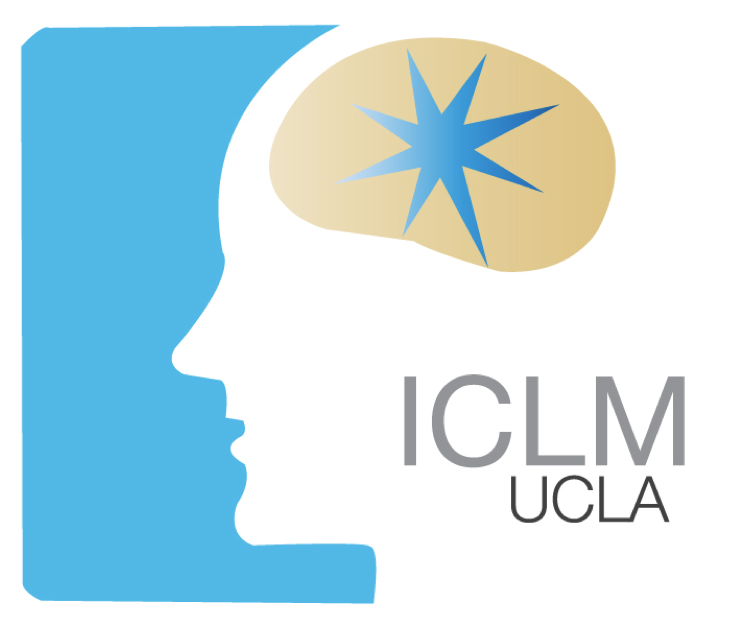
Alicia Izquierdo
The Izquierdo lab studies the brain mechanisms of flexible reinforcement learning and value-based decisions (i.e. decisions involving effort, delay, and risk), with a focus on the contributions of frontal cortex. They also investigate neural and behavioral adaptations following chronic intravenous drug self-administration and voluntary alcohol experience. Another major goal of the lab is to contribute novel paradigms that readily translate across model systems. We use a variety of approaches to study these questions (see Techniques).
Lab Web site
Recent Publications
Izquierdo A, Darling C, Manos N, Pozos H, Kim C, Ostrander S, Cazares V, Stepp H, Rudebeck PH (2013). Basolateral amygdala lesions facilitate reward choices after negative feedback in rats. The Journal of Neuroscience 33(9): 4105-9.
Kosheleff AR, Grimes M, O'Dell SJ, Marshall JF, Izquierdo A (2012). Work aversion and associated changes in dopamine and serotonin transporter after methamphetamine exposure in rats. Psychopharmacology, 219(2): 411-20.
Izquierdo A, Carlos K, Ostrander S, Rodriguez D, McCall-Craddolph A, Yagnik G, Zhou F (2012). Impaired reward learning and intact motivation after serotonin depletion in rats. Behavioural Brain Research, 233(2): 494-9.
Izquierdo A and Belcher AM (2012). Rodent models of adaptive decision making. In: Kobeissy FH (Ed.) Psychiatric Disorders: Methods Mol Biol, Humana Press, New York, 829: 85-101.
Ostrander S, Cazares VA, Kim C, Cheung S, Gonzalez I, Izquierdo A. (2011). Orbitofrontal cortex and basolateral amygdala lesions result in suboptimal and dissociable reward choices on cue-guided effort in rats. In: Baxter, MG (Ed.), Translating Models in Prefrontal Cortex Function between Animals and Humans. Behavioral Neuroscience, 125(3): 350-359.
Izquierdo A, Belcher AM, Scott L, Cazares VA, Chen J, O'Dell SJ, Malvaez M, Wu T, and Marshall JF (2010). Reversal-specific learning impairments following a binge regimen of methamphetamine in rats: Possible involvement of striatal dopamine. Neuropsychopharmacology 35: 505-514.
 I.C. Learning & Memory
I.C. Learning & Memory